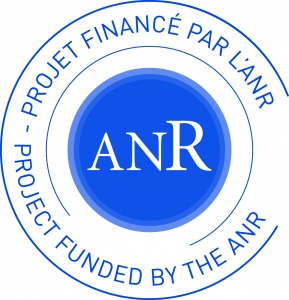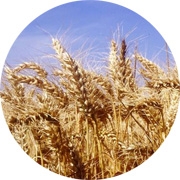Evolutionary dynamics of genes controlling meiotic recombination in polyploid crop plants (DUPLIC)

Meiotic recombination is a fundamental process for all sexual eukaryotes, which is required to produce balanced gametes and therefore contribute to the fertility and fitness of species. Meiotic recombination is also crucial for plant breeding because it allows, through the crossovers (COs), to reshuffle genetic material between individuals and between species. Huge international efforts have thus been made to identify the genes that are responsible for meiotic recombination in plants, using Arabidopsis thaliana, and to a lesser extent rice and maize, as model systems.
However our understanding still remains incomplete, in particular because the effect of polyploidy, which is a hallmark of plant genome evolution, has not been evaluated. We don't know the extent to which increased genome complexity in polyploid species is paralleled by an increased complexity in the genetic architecture underpinning crossover recombination. Are genes contributing to meiotic recombination randomly distributed between singleton and duplicated genes or conversely are they preferentially retained or preferentially lost after one episode of polyploidy? Are all the copies retained from the progenitor species expressed? Are they still functionally redundant? Or have they diversified following WGD? All these questions are still open and the very limited information available on these issues can not be integrated in a consistent way.
The DUPLIC project aims to advance understanding on the evolution of genes involved in meiotic recombination following polyploidy events. We will notably try to decipher if preferential elimination of duplicated copies is a general, thus predictable response in polyploid species or conversely if polyploidy may foster genetic innovation in the control of CO formation.
One on the research objective will be to determine the patterns of duplicated copy retention/loss for 18 recombination genes in two complementary polyploid crop species, oilseed rape (Brassica napus) and bread wheat (Triticum aestivum).
Project coordinator
-
Dr. Eric Jenczewski
Institut Jean-Pierre Bourgin
Centre INRA Versailles-Grignon
RD10
78026 Versailles
Email : eric.jenczewski@versailles.inra.fr
Project Partners
-
INRA Site de Crouël
UMR1095 GDEC Génétique Diversité et Ecophysiologie des Céréales
234 avenue du Brézet
63100 CLERMONT-FERRAND
Scientist in charge of the project : Pierre Sourdille
Email : pierre.sourdille@clermont.inra.fr
CNRGV's Responsible
- William Marande
CNRGV involvement:
Isolation, sequencing and characterization of the various copies of the selected genes in both oilseed rape and wheat through PCR or hybridization of the of oilseed rape and wheat BAC libraries
Funded by ANR (The French National Research Agency): ANR DUPLIC
|
|
|
Publication related to the project


